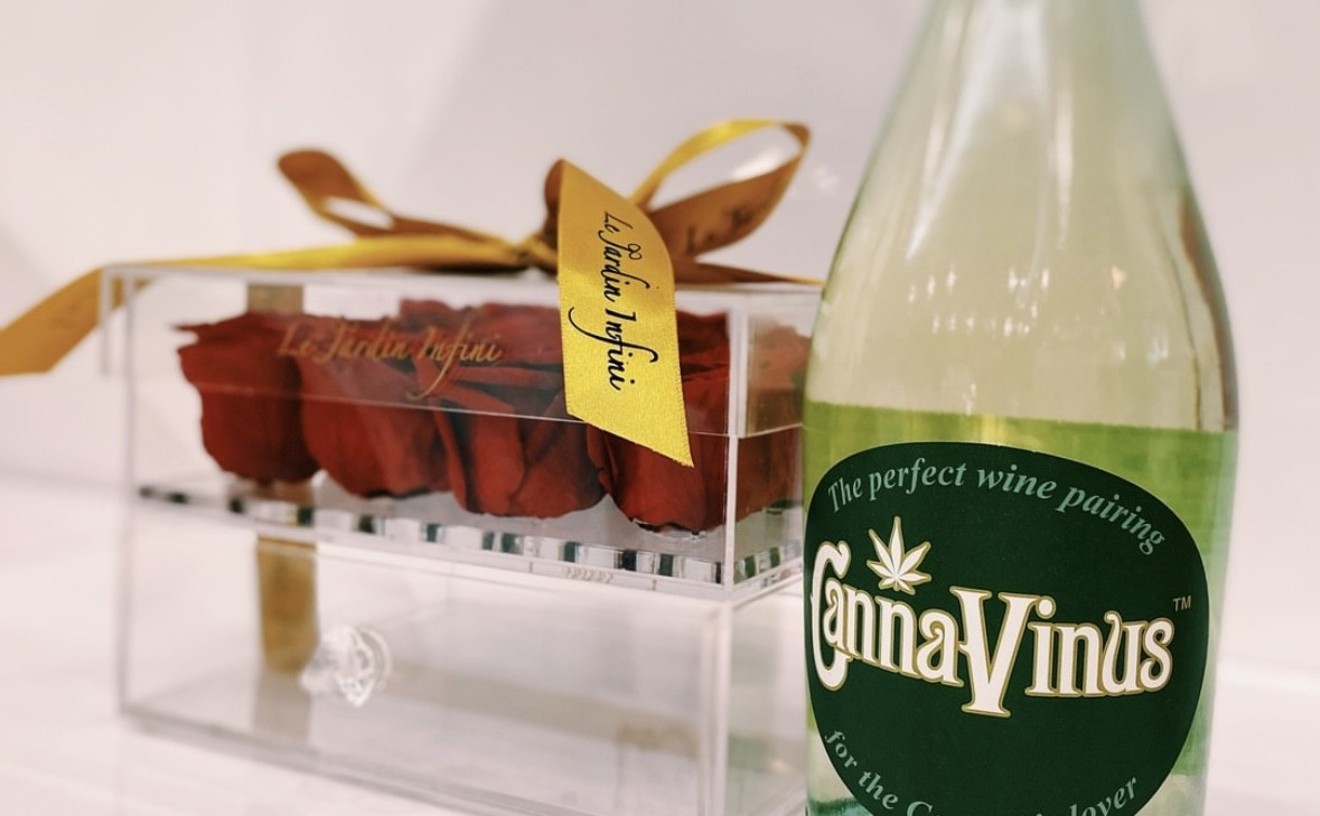How many pounds of food waste -- egg shells, moldy bread, orange rinds, that crappy casserole -- do you chuck into the garbage each day?
According to a recent Reuters story, experts estimate that the average American tosses about 33 pounds of food each month for a total of nearly 400 pounds a year. It's a national -- or rather, international -- issue that's gotten the attention of a Boca Raton man who's launched a small business venture aimed to help the common apartment dweller reduce his or her daily contribution to the landfill.
Michael Young, a firefighter with Boca Raton Fire Rescue, recently launched Jolly Green FL, a start-up that sells small-scale vermicomposting systems. His bucket-based creation uses worms to process food scraps that otherwise would make it into the garbage. For people who live in small apartments or aren't able to have a large composting bin in the yard, it's an option to cut down on waste while generating nutrient-rich compost for the garden or flowerbeds, etc.
I recently met Young when he visited the Boca Raton Community Garden to teach a small gathering of gardeners about the system, dubbed -- wait for it -- the Wormdorf Astoria. It's small enough to tuck under a sink or into a utility closet and Young swears up and down that if you follow the simple procedures he outlines for use, it won't generate a funky smell or attract an army of creepy crawlers to your kitchen.
"We needed an urban solution," Young said of his initial quest to find a composting system that would work for those without the benefit of lots of land. Young conducted hours of online research and made numerous trips to Home Depot purchasing supplies -- buckets, in particular -- to finally arrive at his product, which he sells for $50 locally. (It's $70 if you order online in order to cover his additional costs).
Young recommends using the Eisenia fetida, or red wiggler, as the worm of choice in the Wormdorf Astoria or any other in-home composting system. (Learn all about red wigglers and vermicomposting here.)
"They're pretty resilient," he said, adding that the wigglers procreate at a rapid pace with the population typically doubling around the three-month mark. The other advantage is the speed with which they break down food waste. "They're voracious little things...It's amazing how much they will eat."
Young estimates that he likely salvages three pounds of food waste each week from his own kitchen. He's also been working on getting some of the crew at Station 3 where he works to separate out their food waste for him to bring home for a larger-scale composting project he's working on. From there, he typically can rescue about 15 pounds of food waste on a weekly basis. He says the Wormdorf Astoria is the right size for one to two people.
Anyone interested in vermicomposting and hearing about the advantages of using worm castings in the garden can look for Young tonight at the Moonlit Farmer's Market at Ellenville Garden Center in Boca Raton. Or find him online.
Follow Clean Plate Charlie on Facebook and on Twitter: @CleanPlateBPB.










